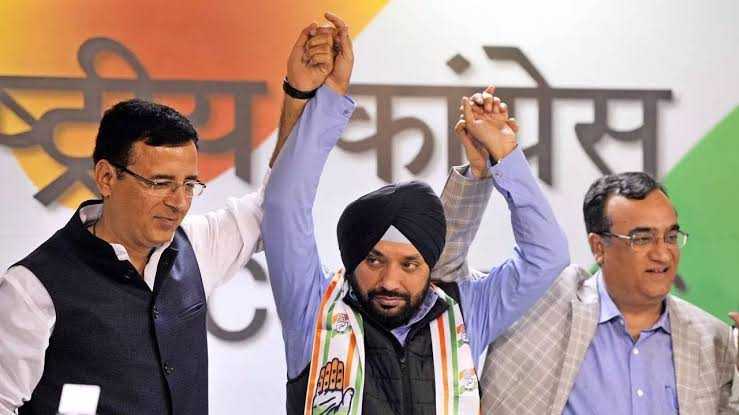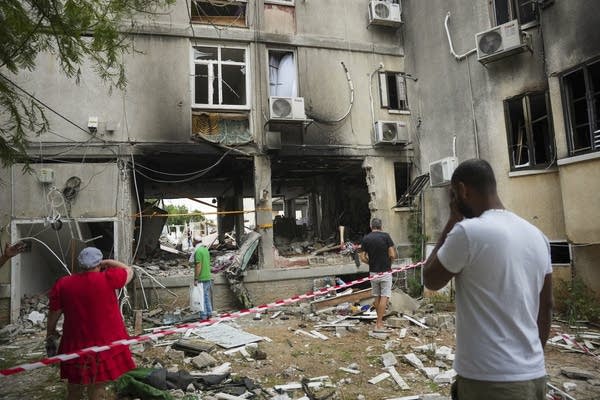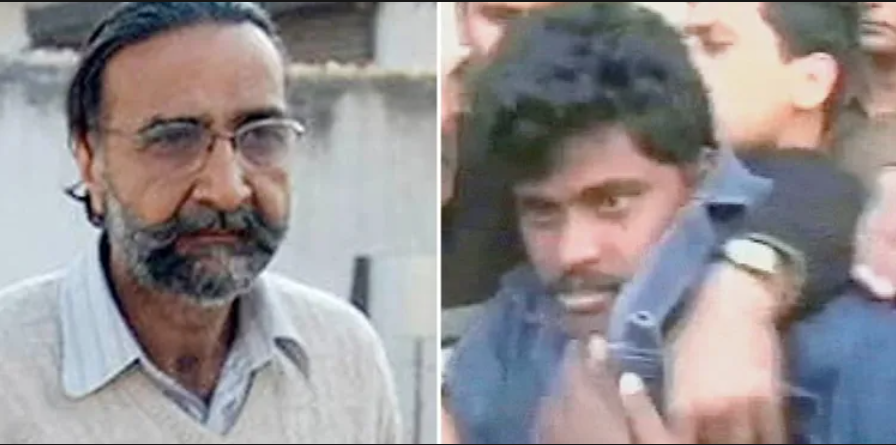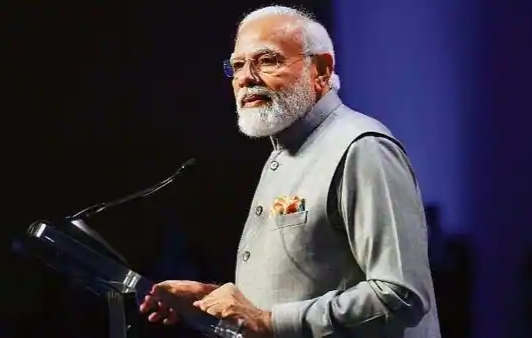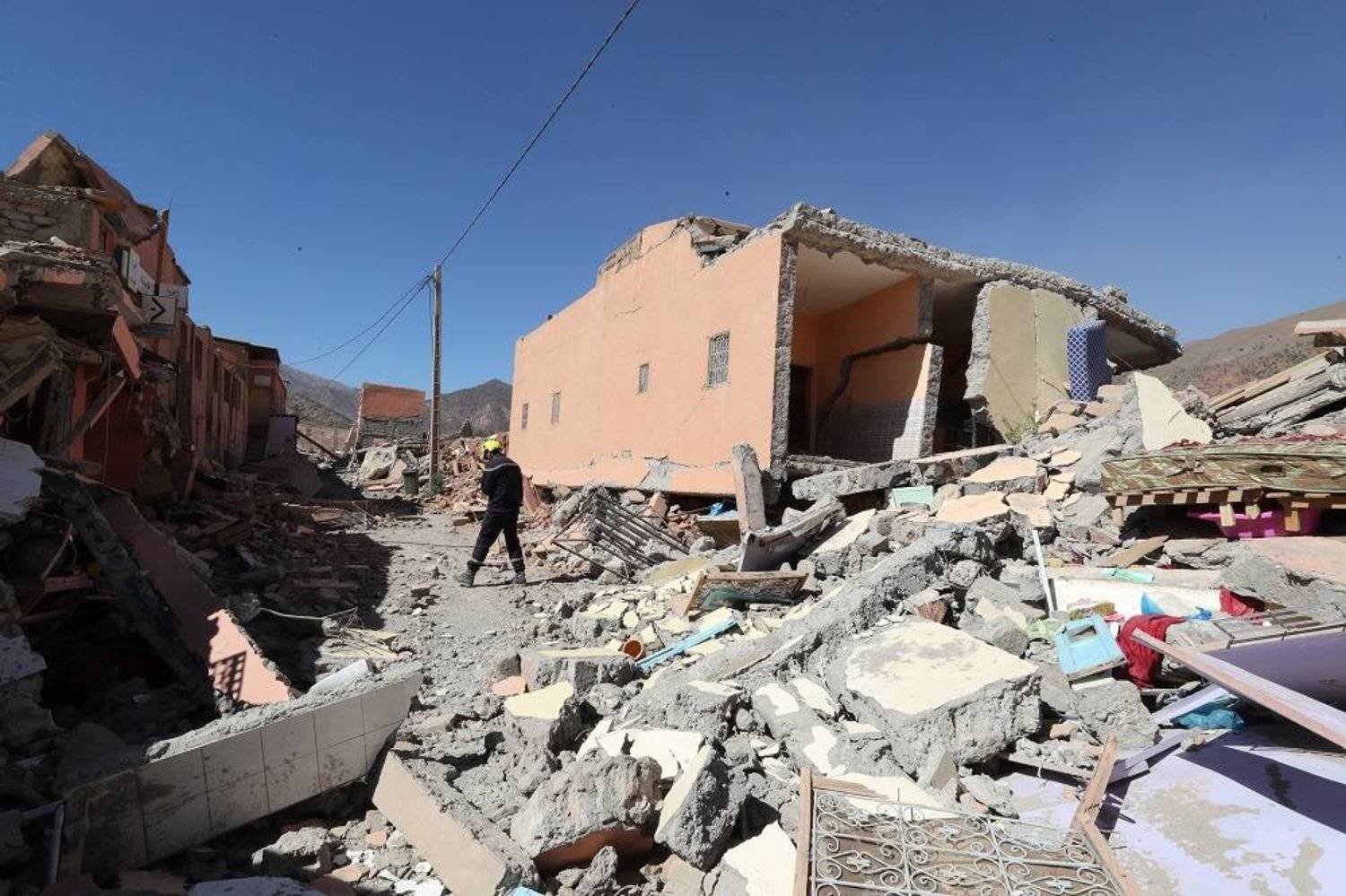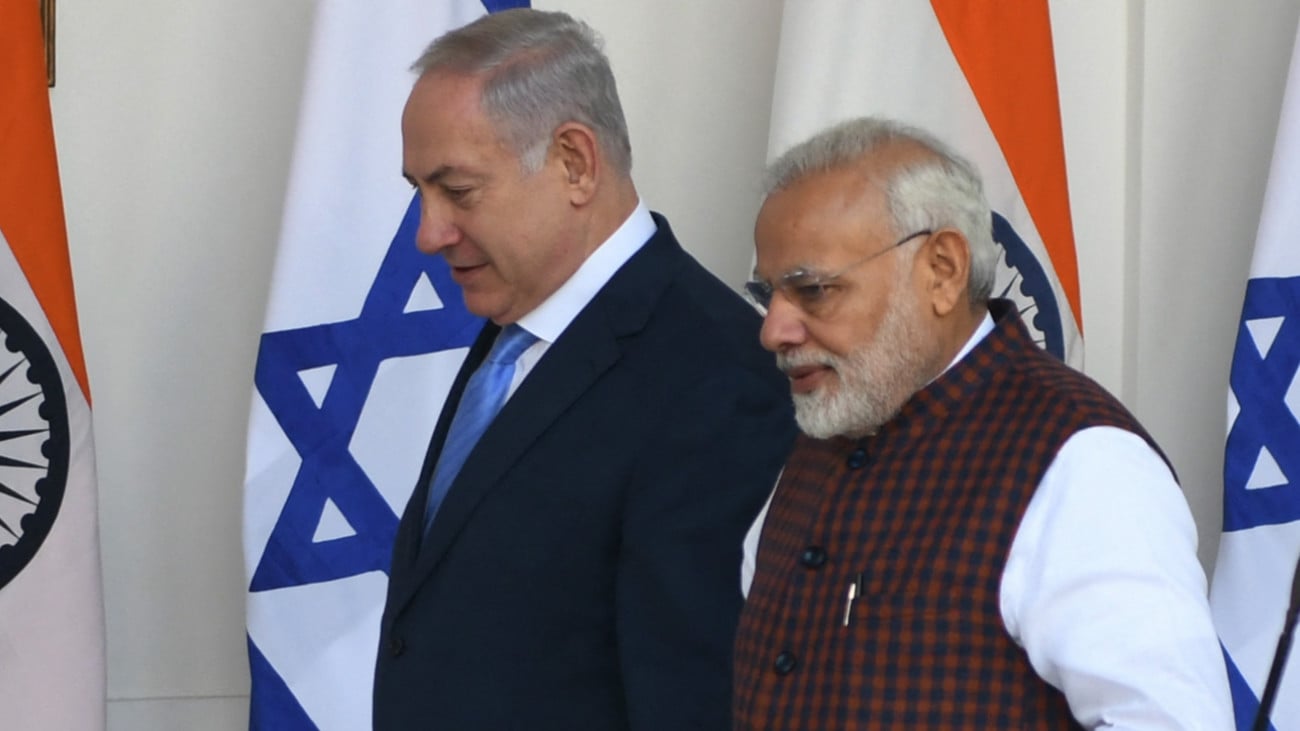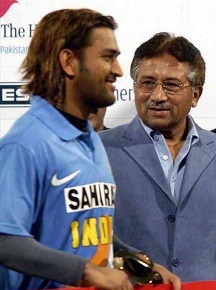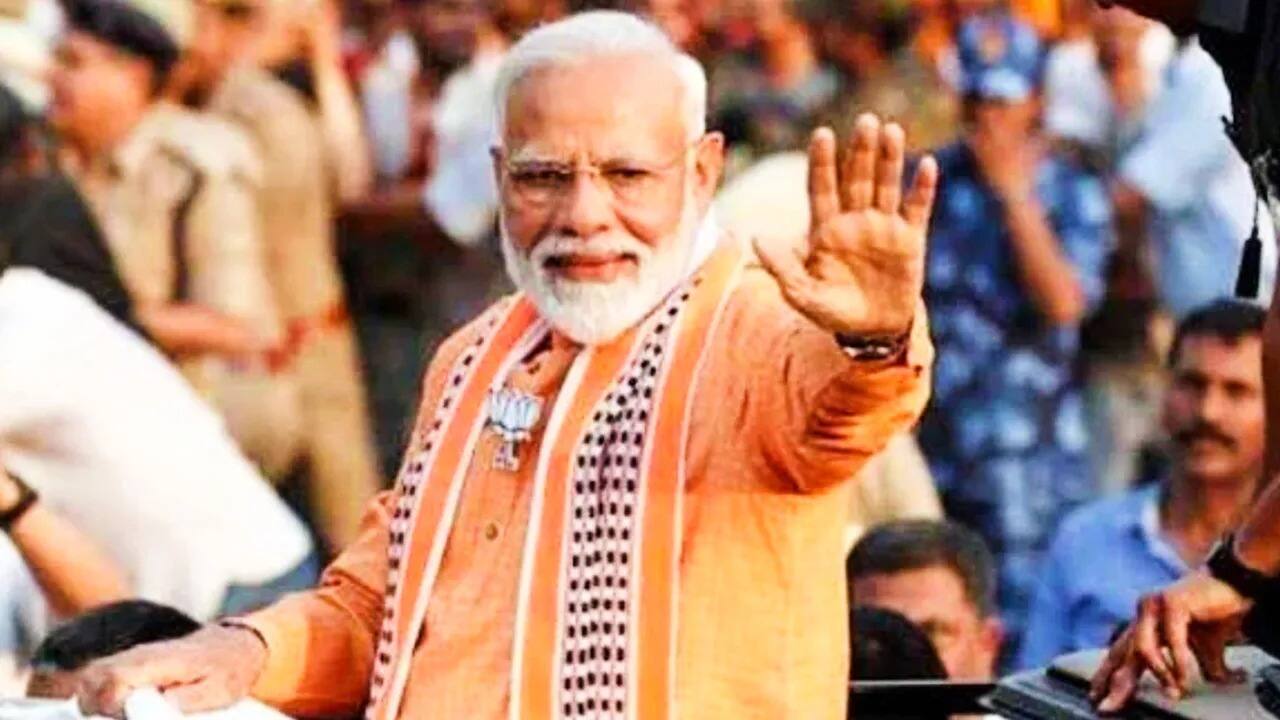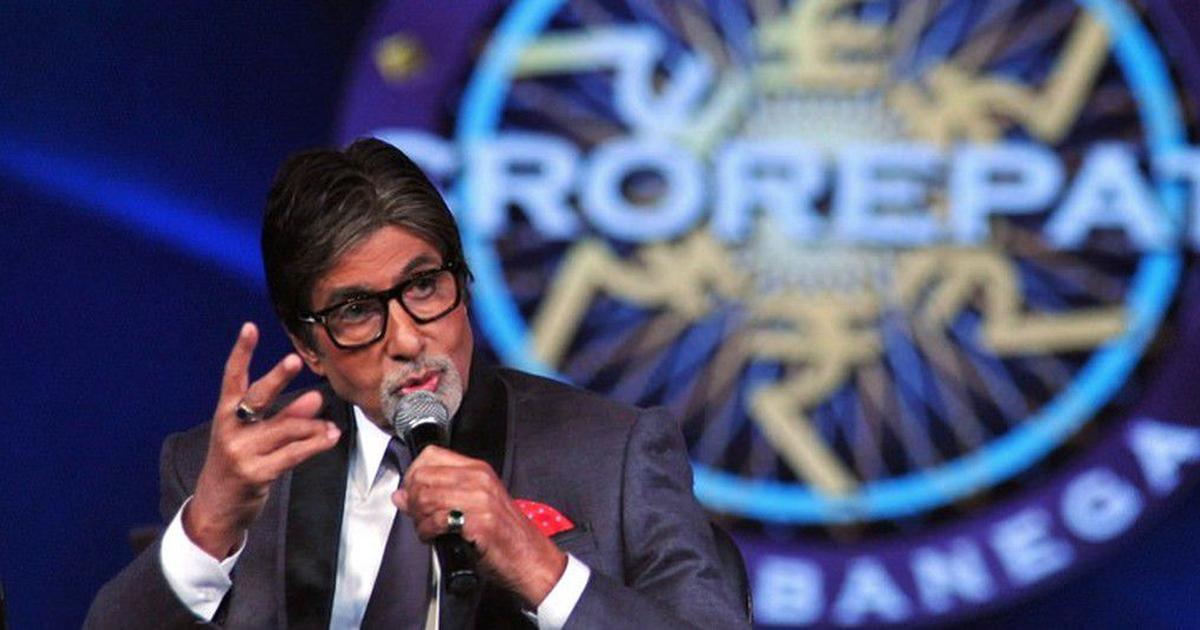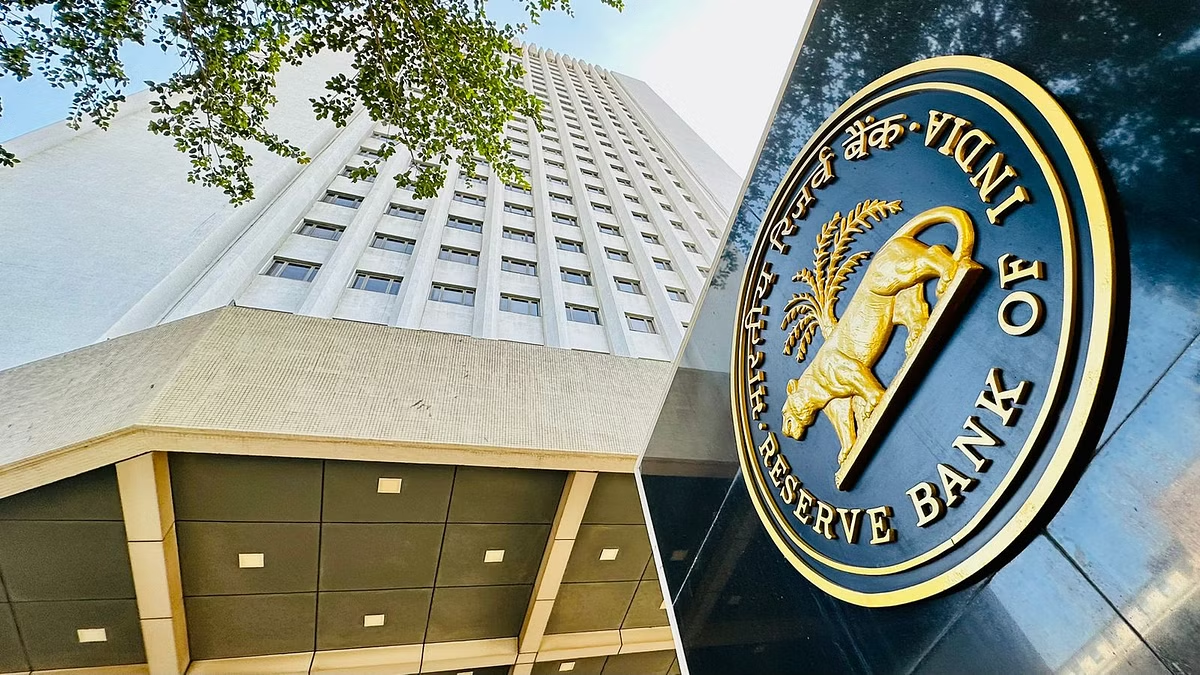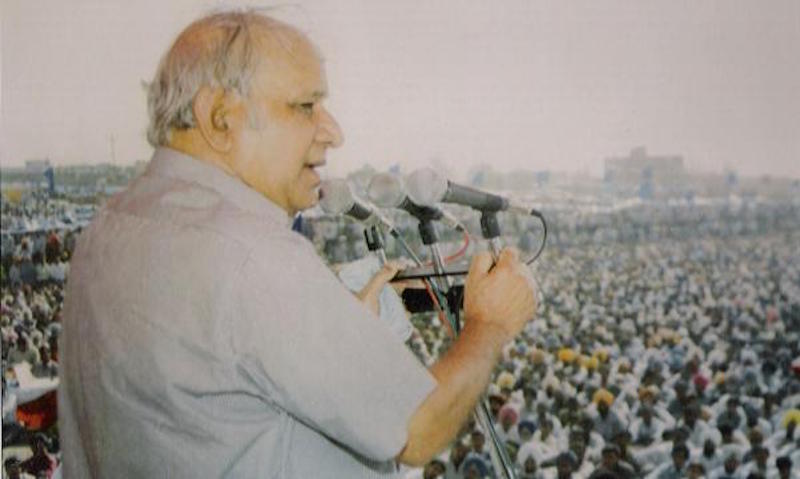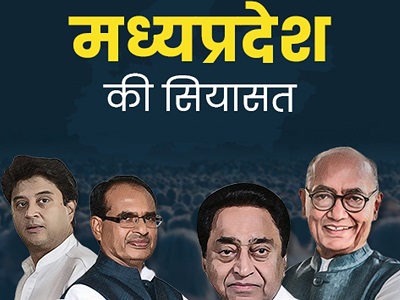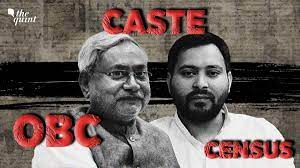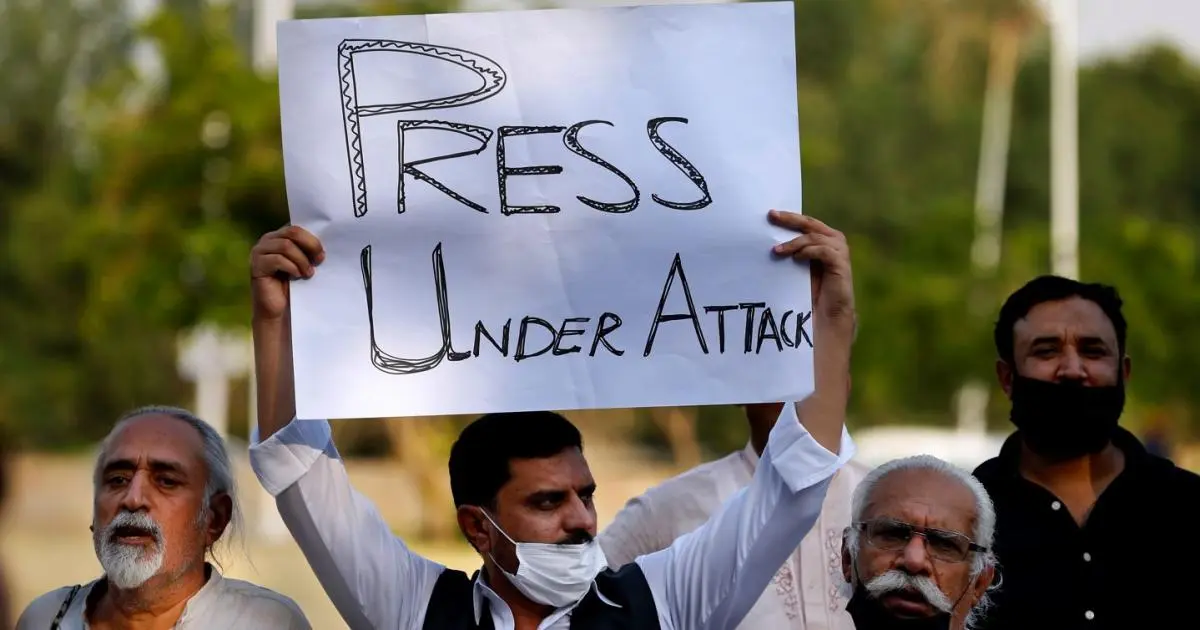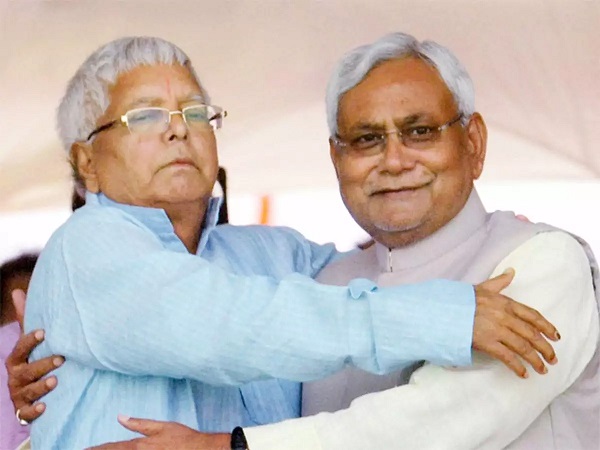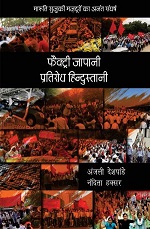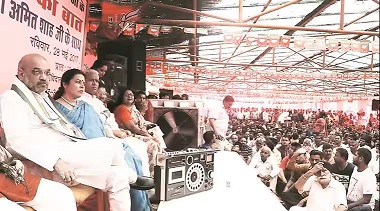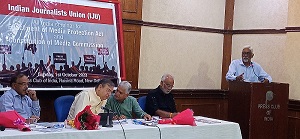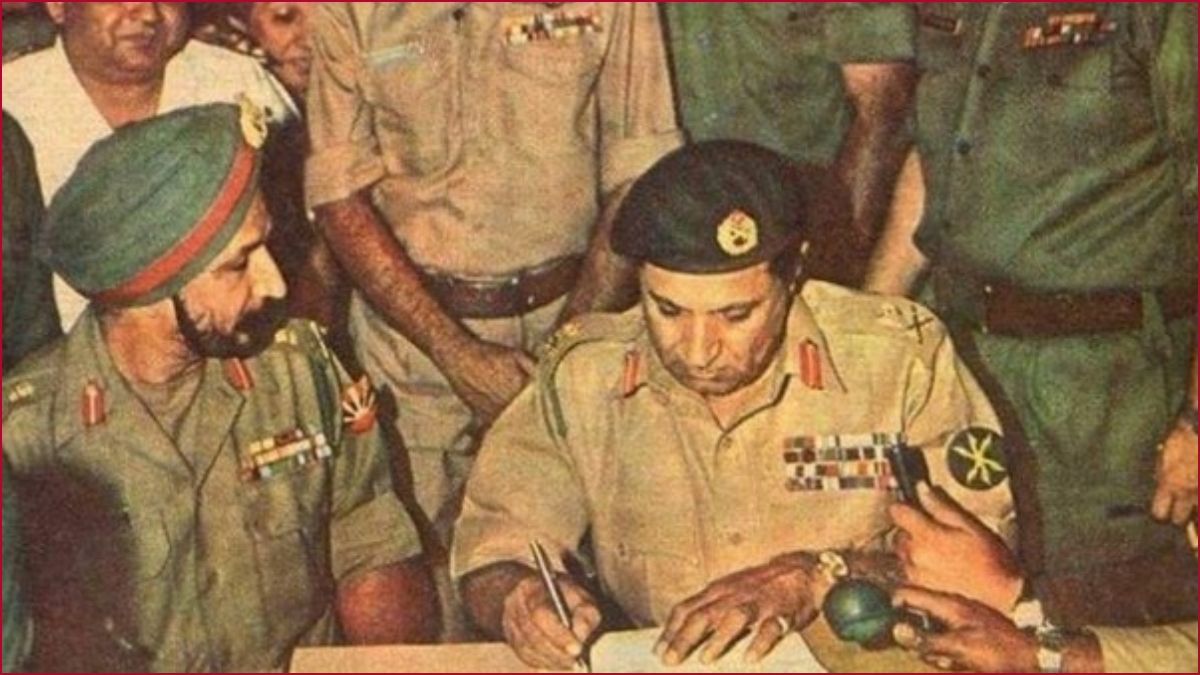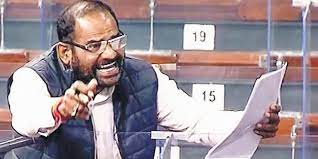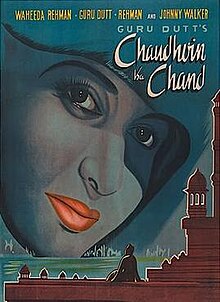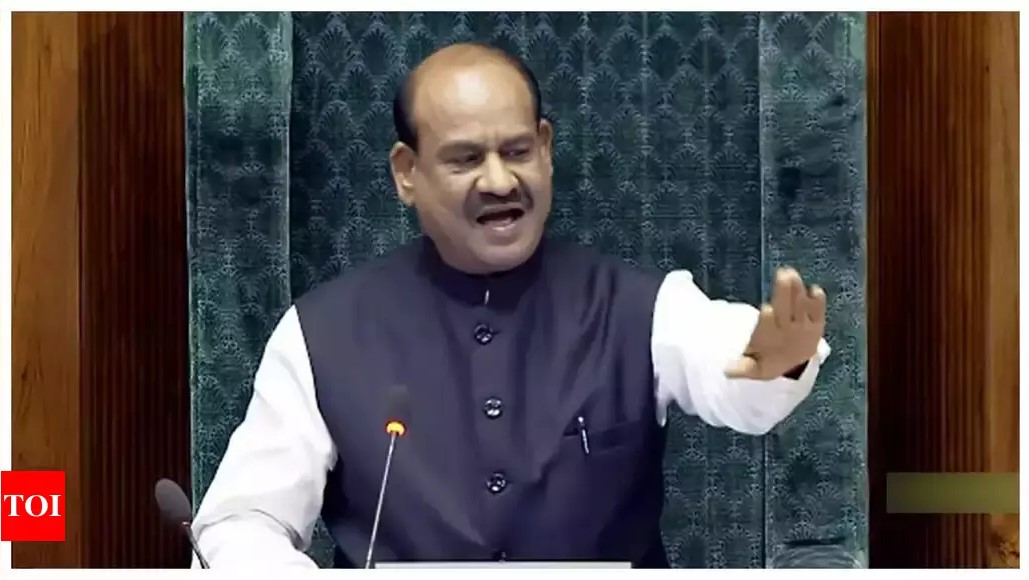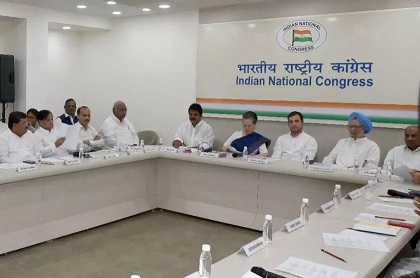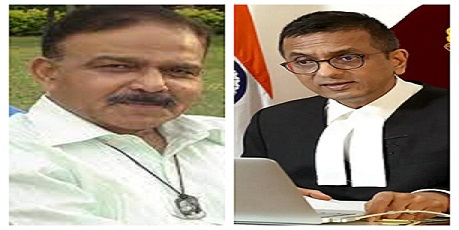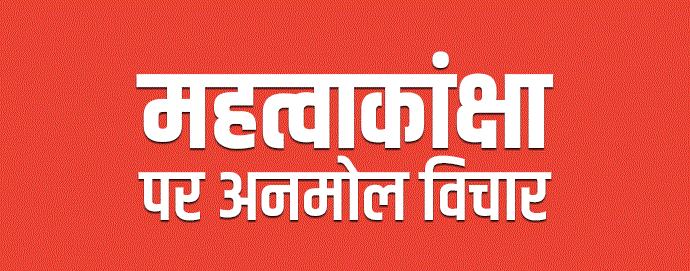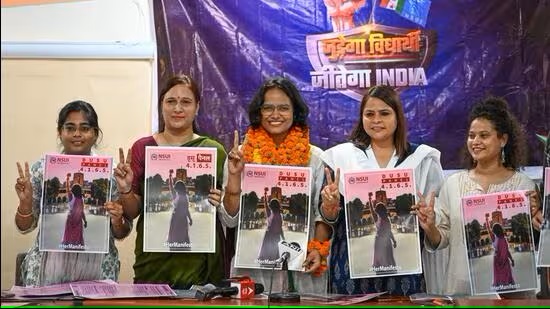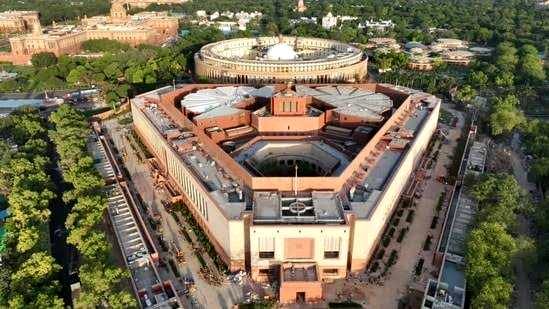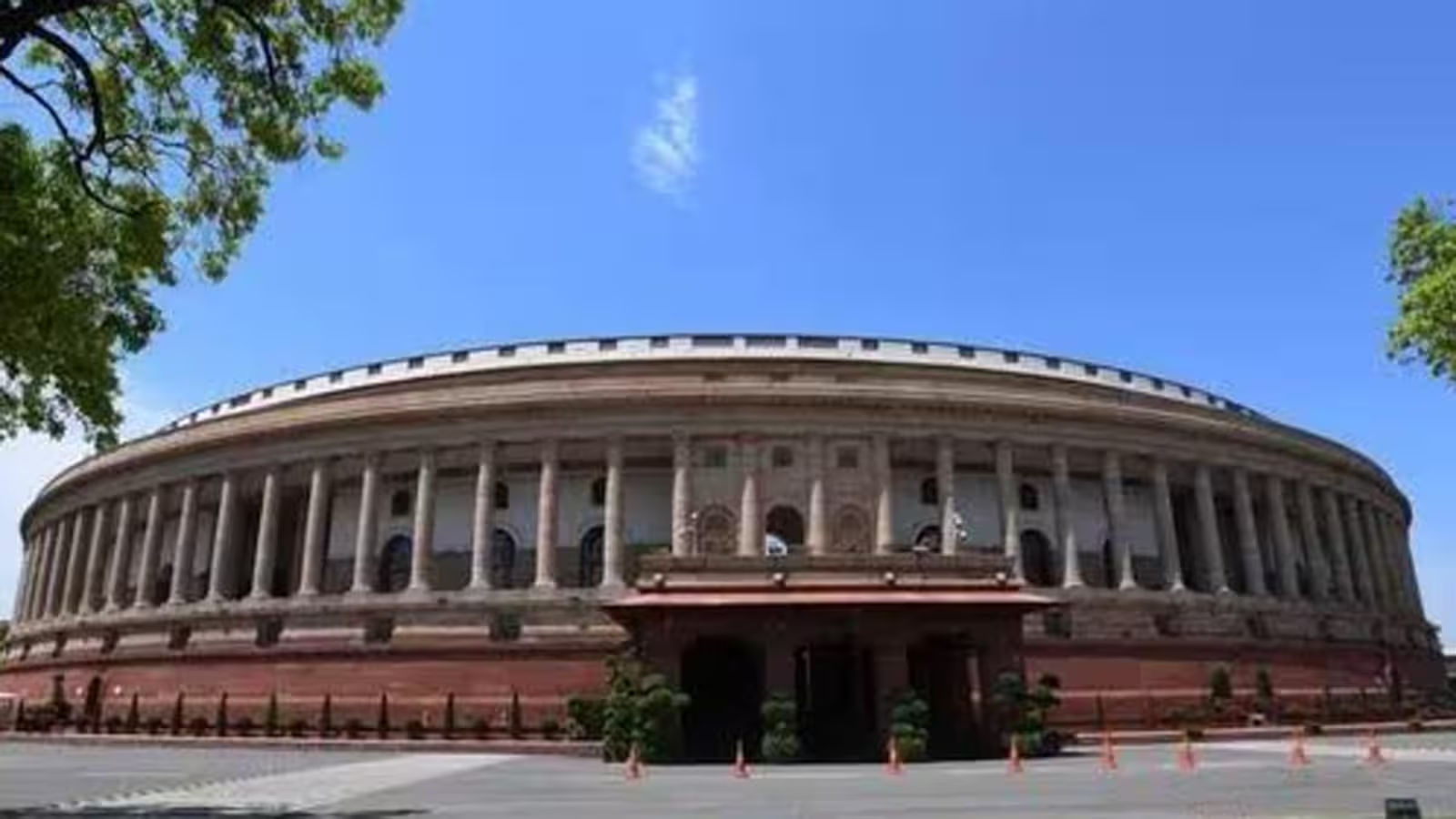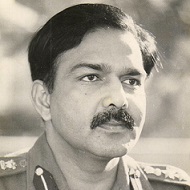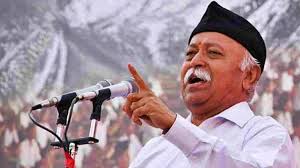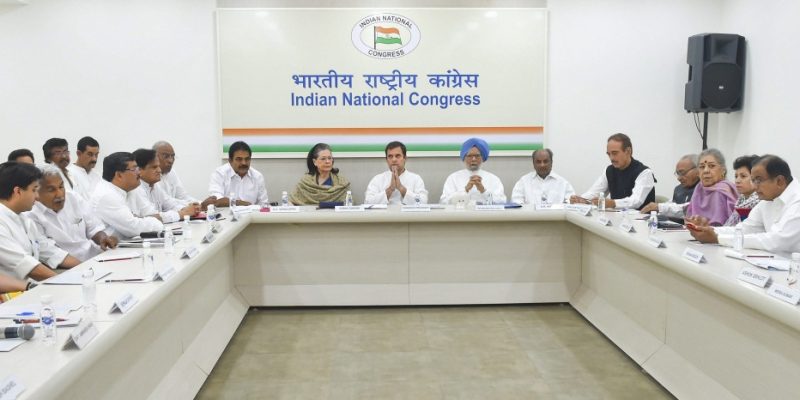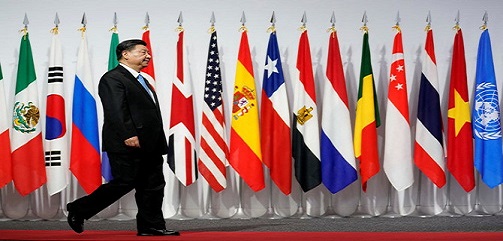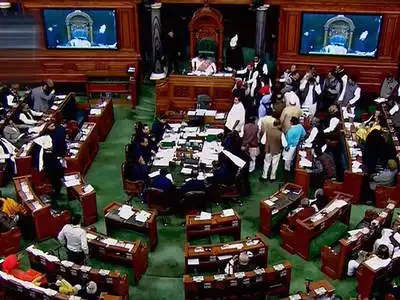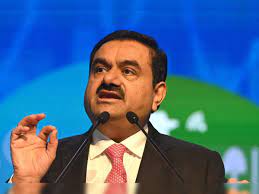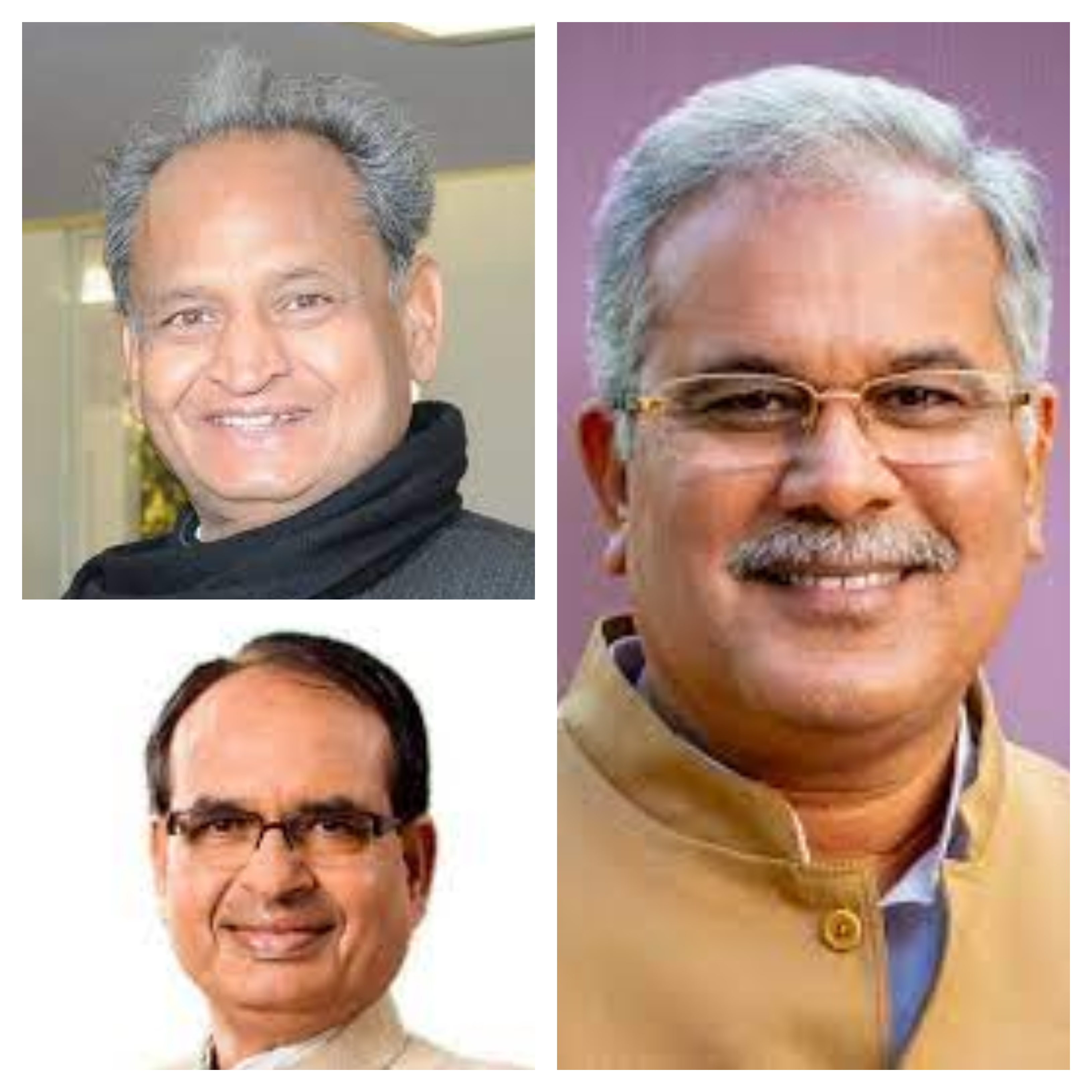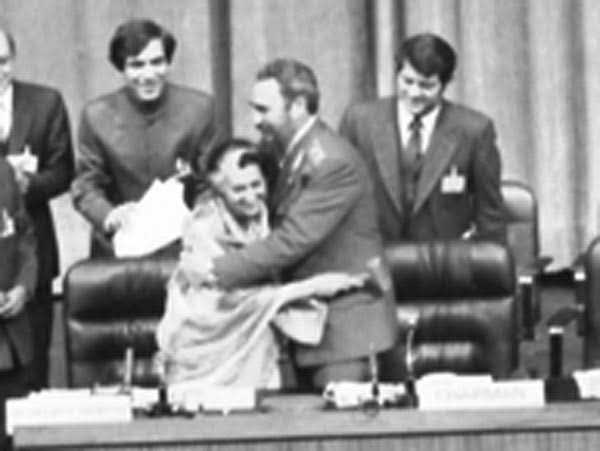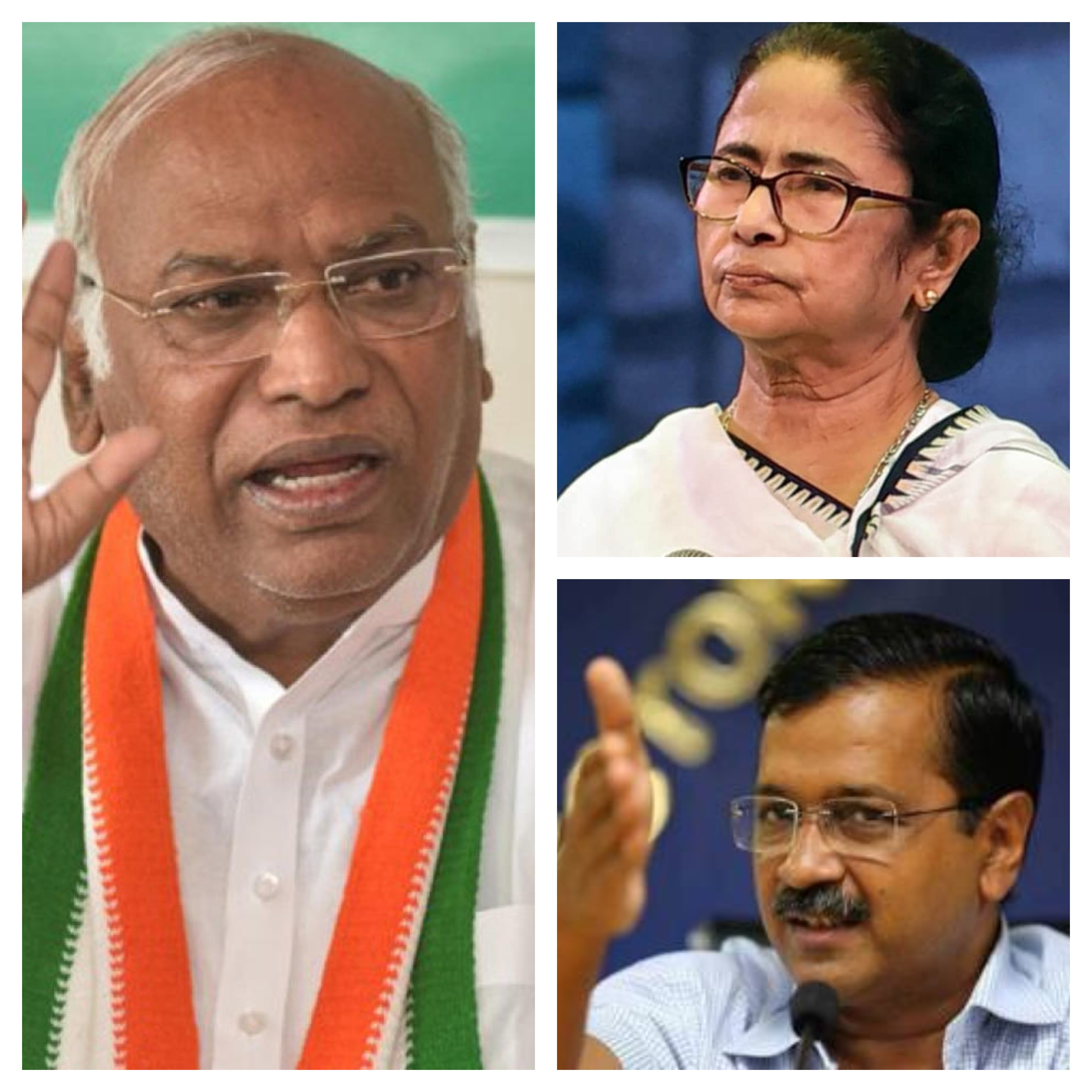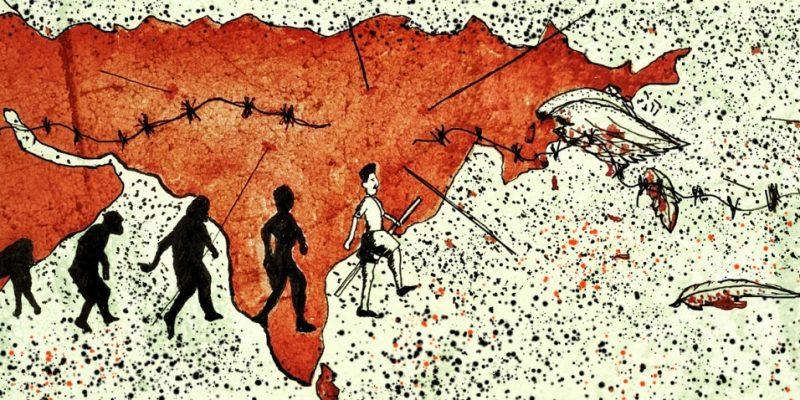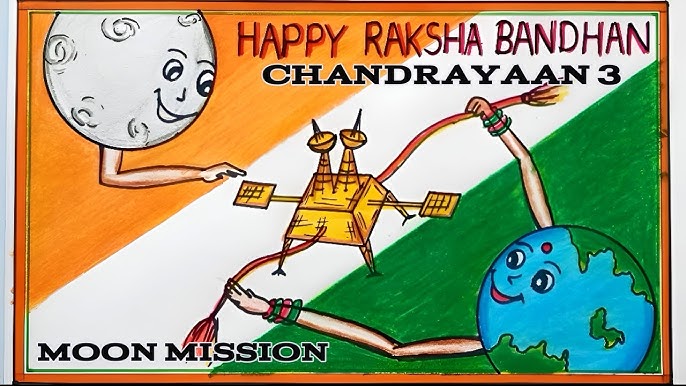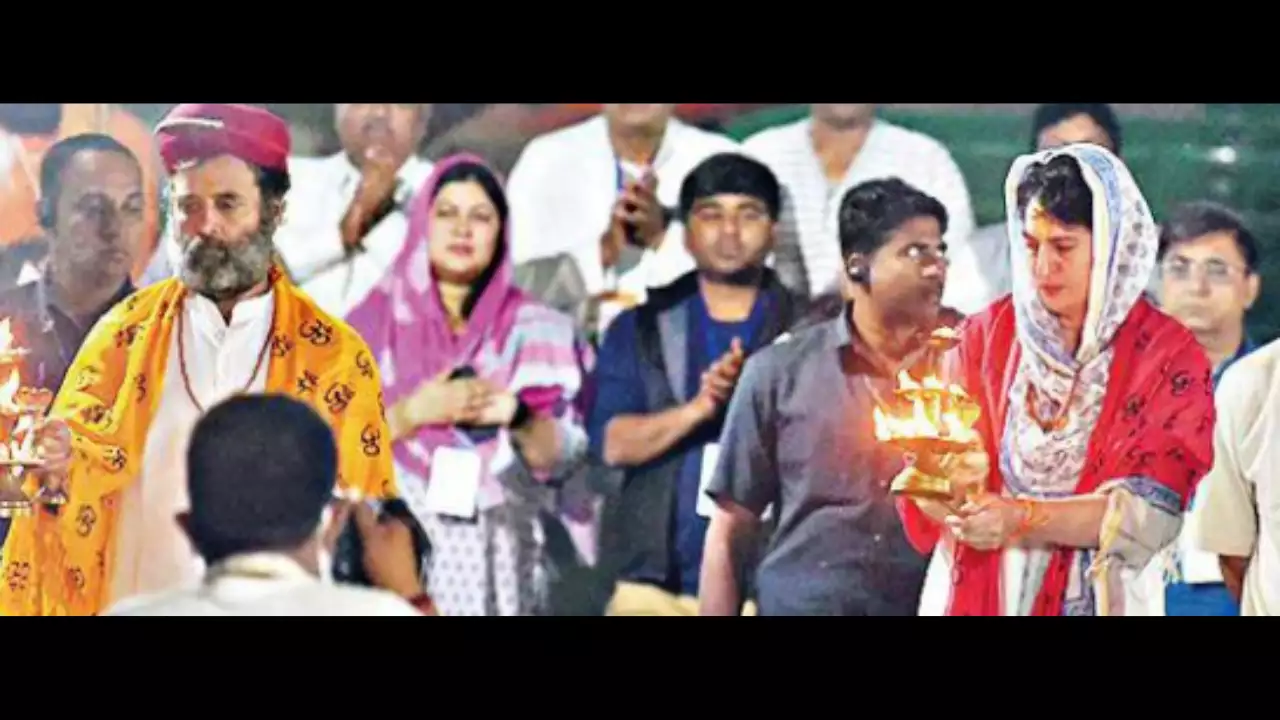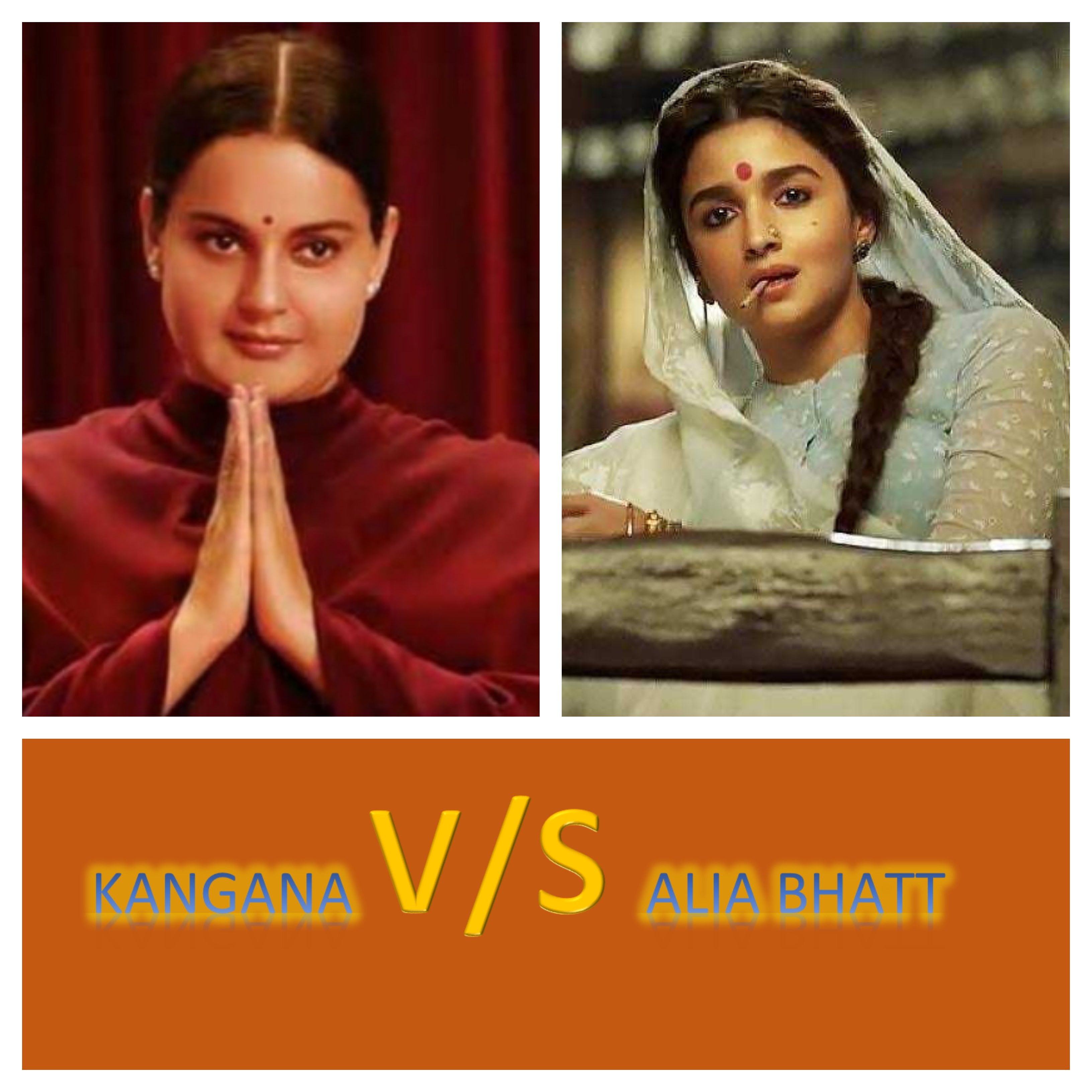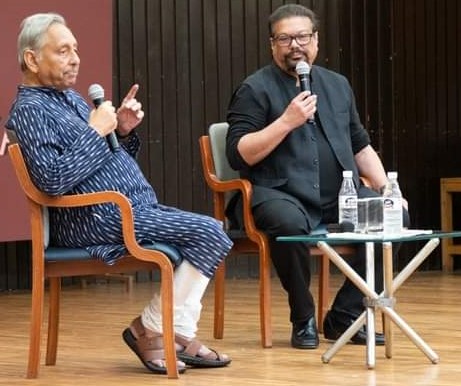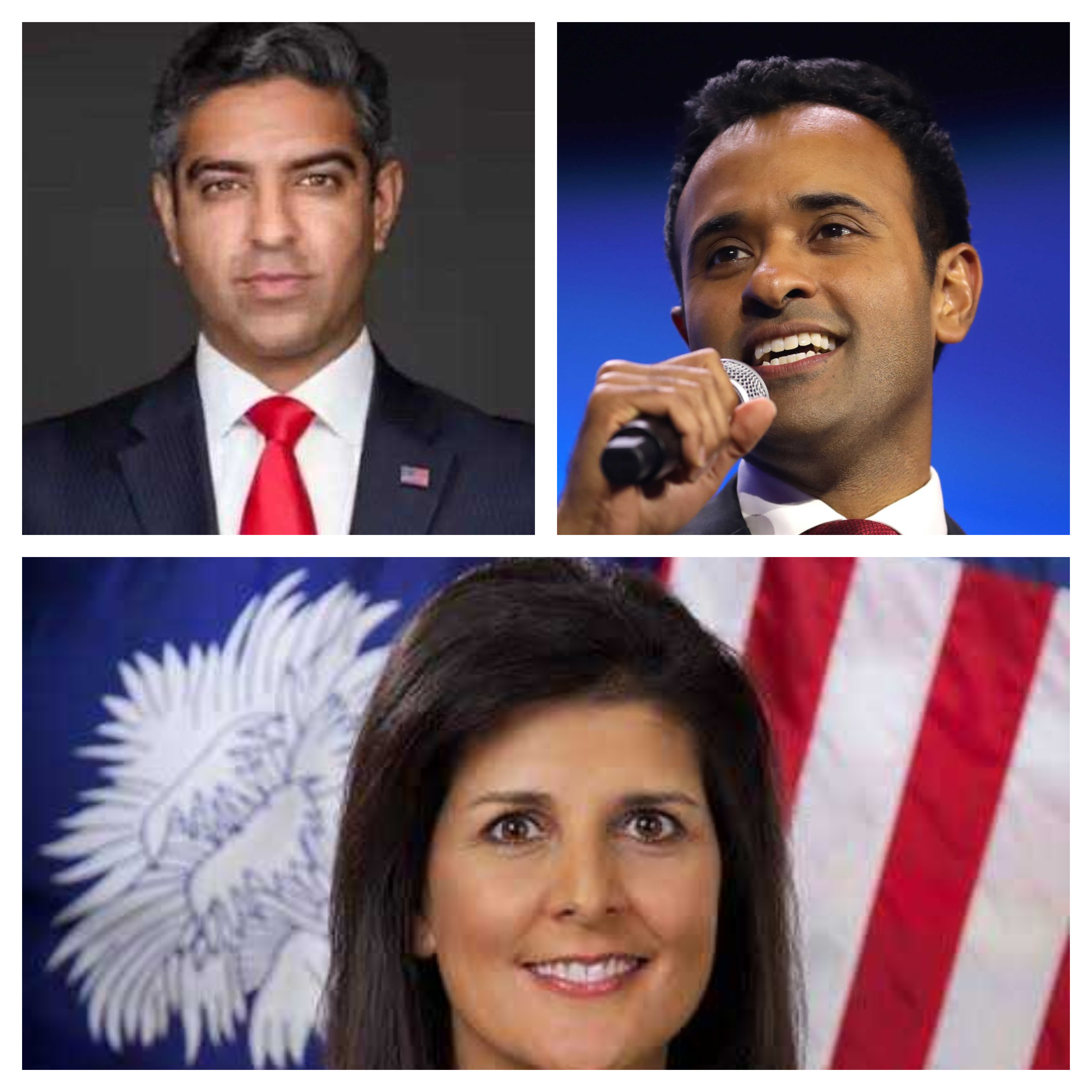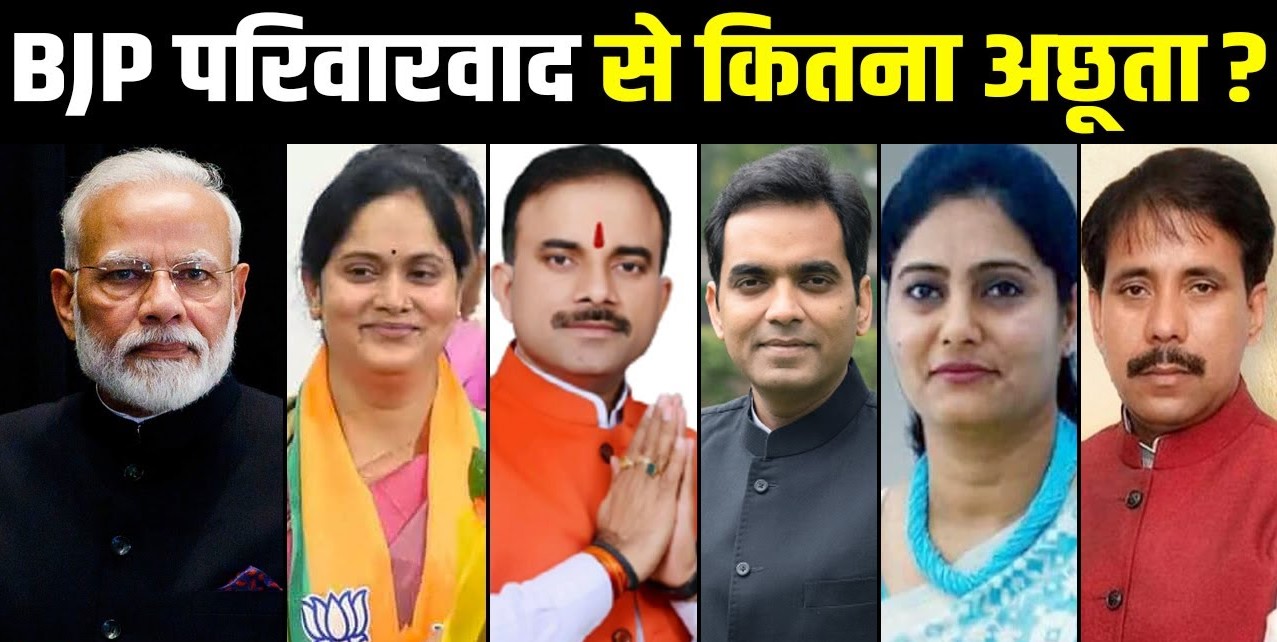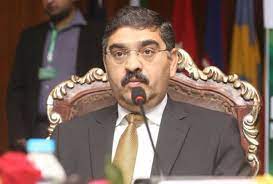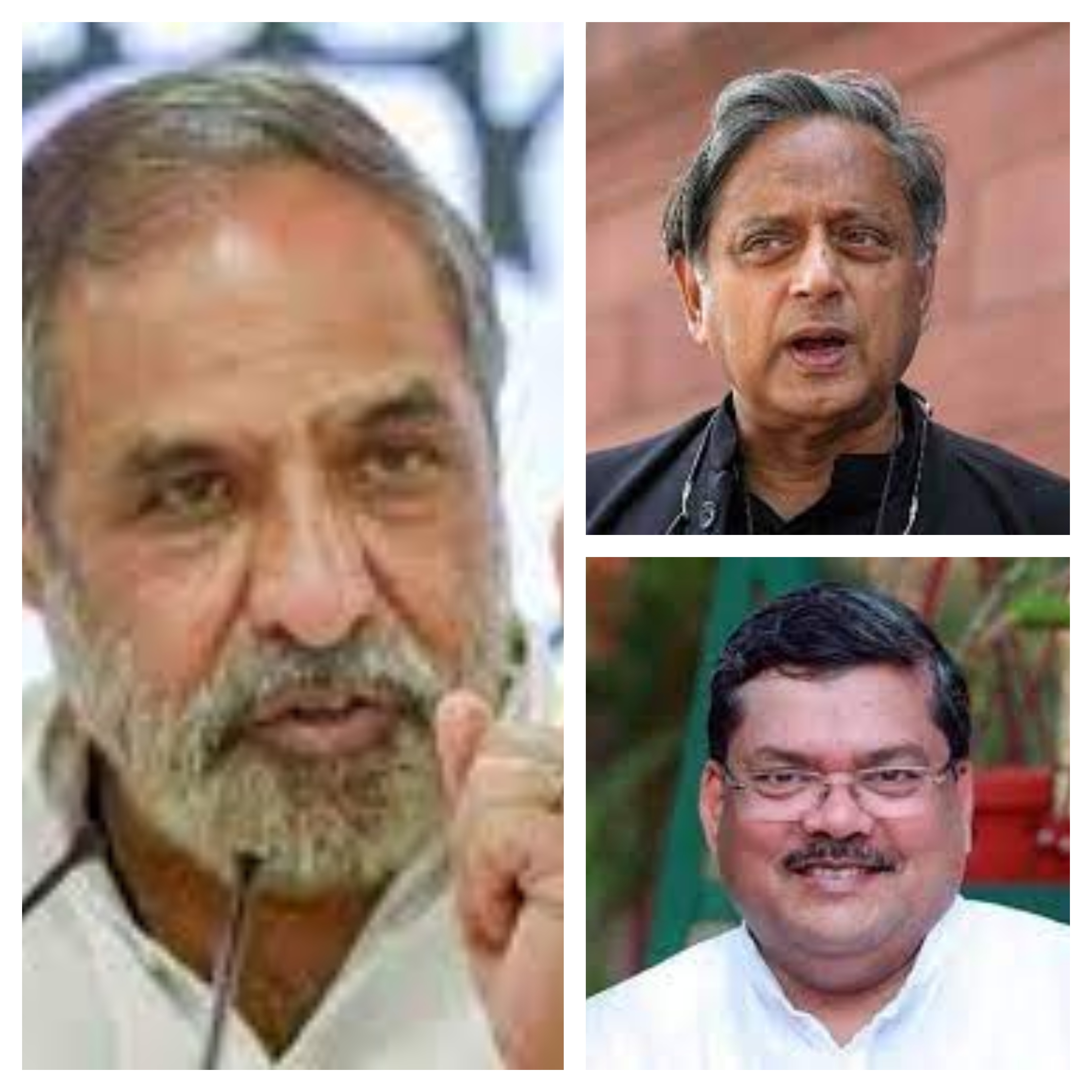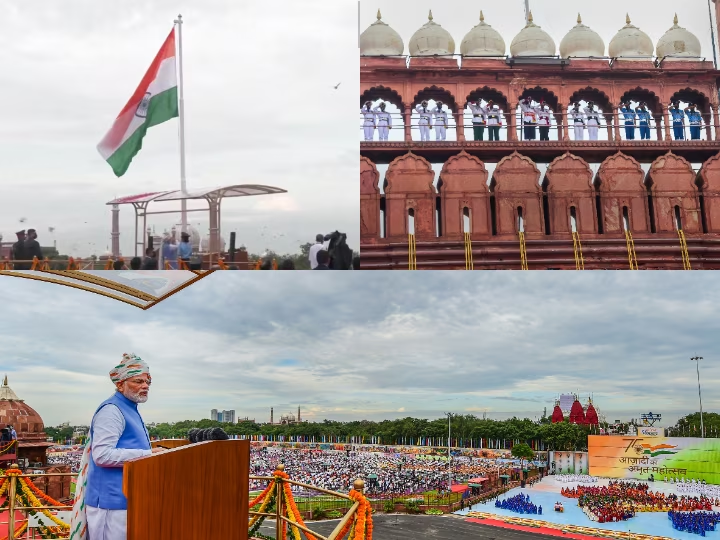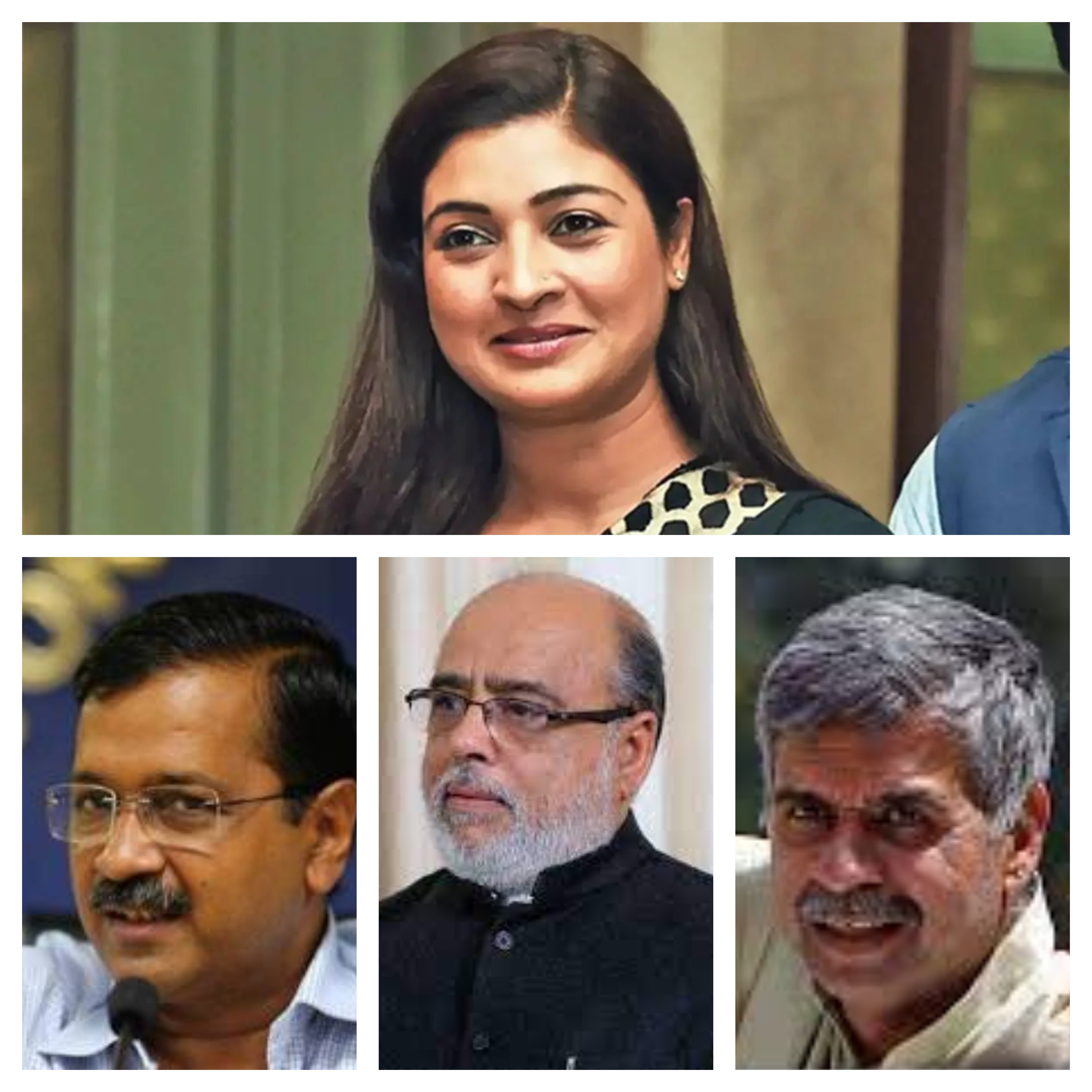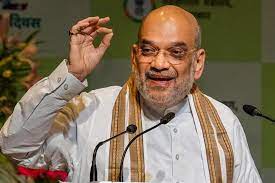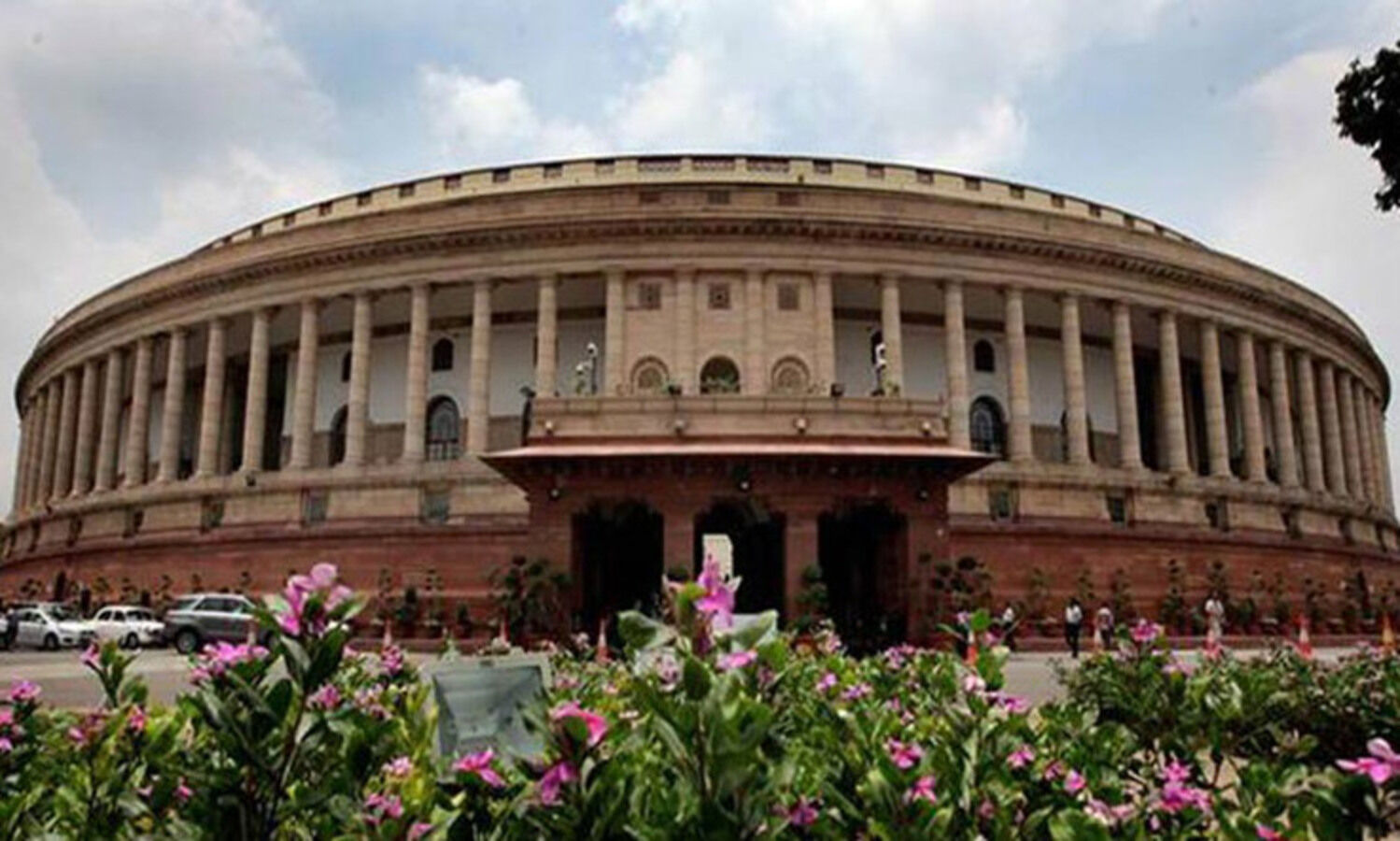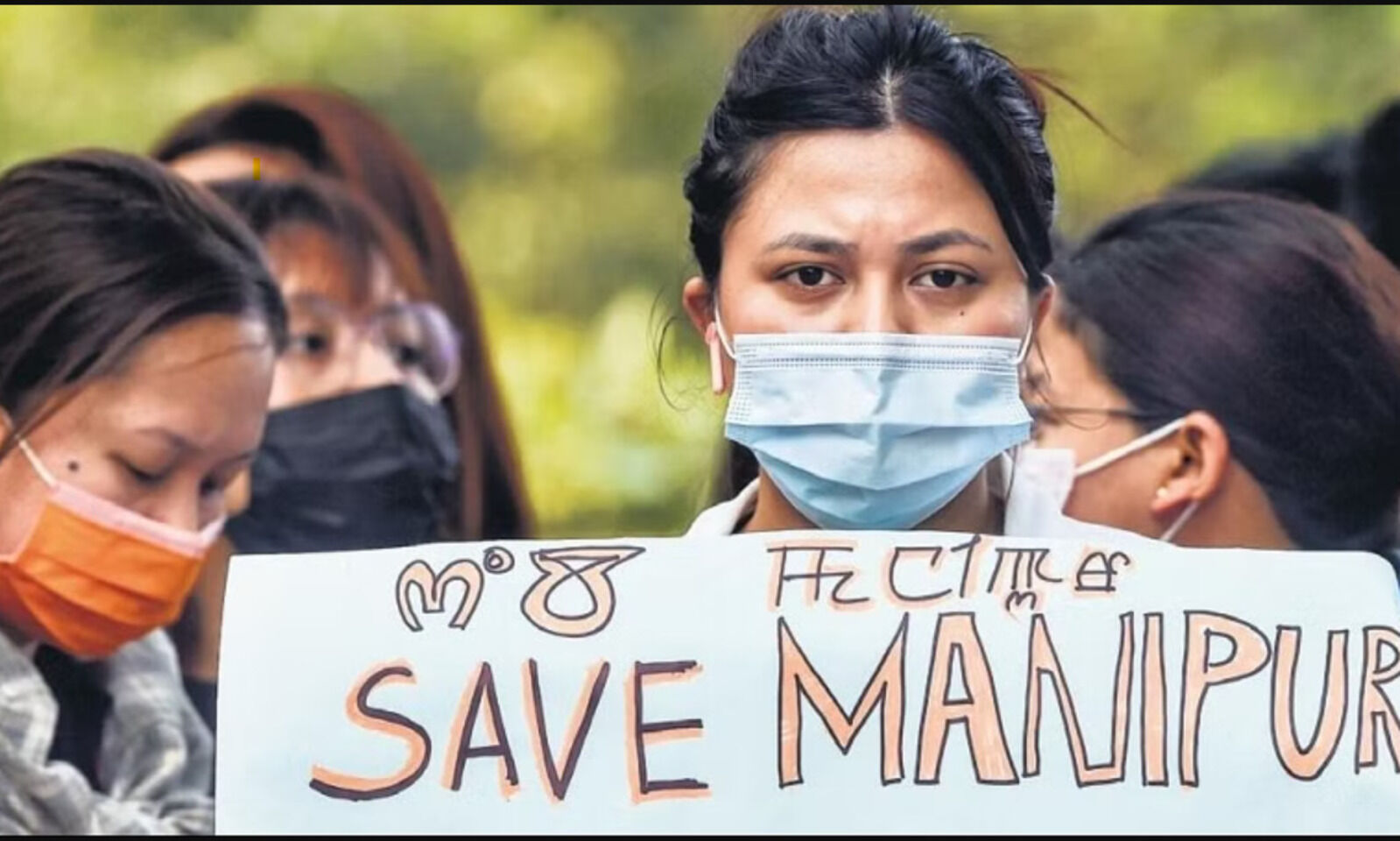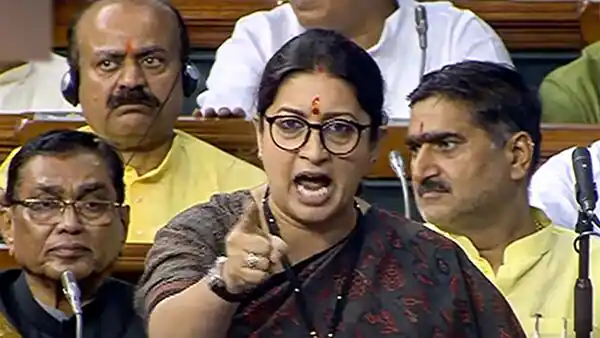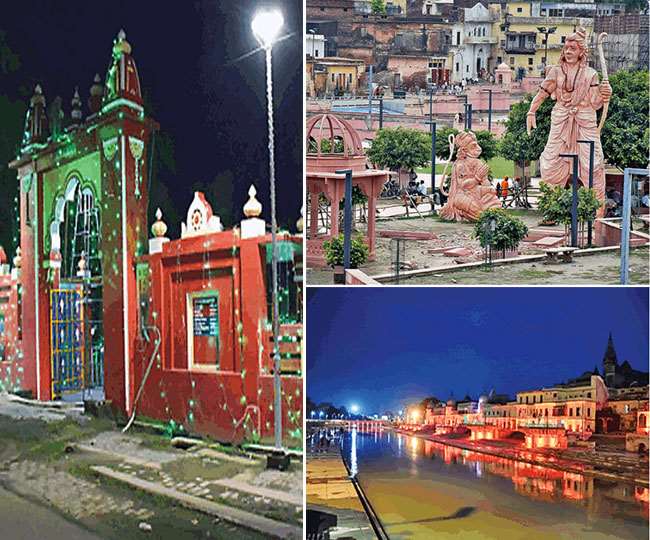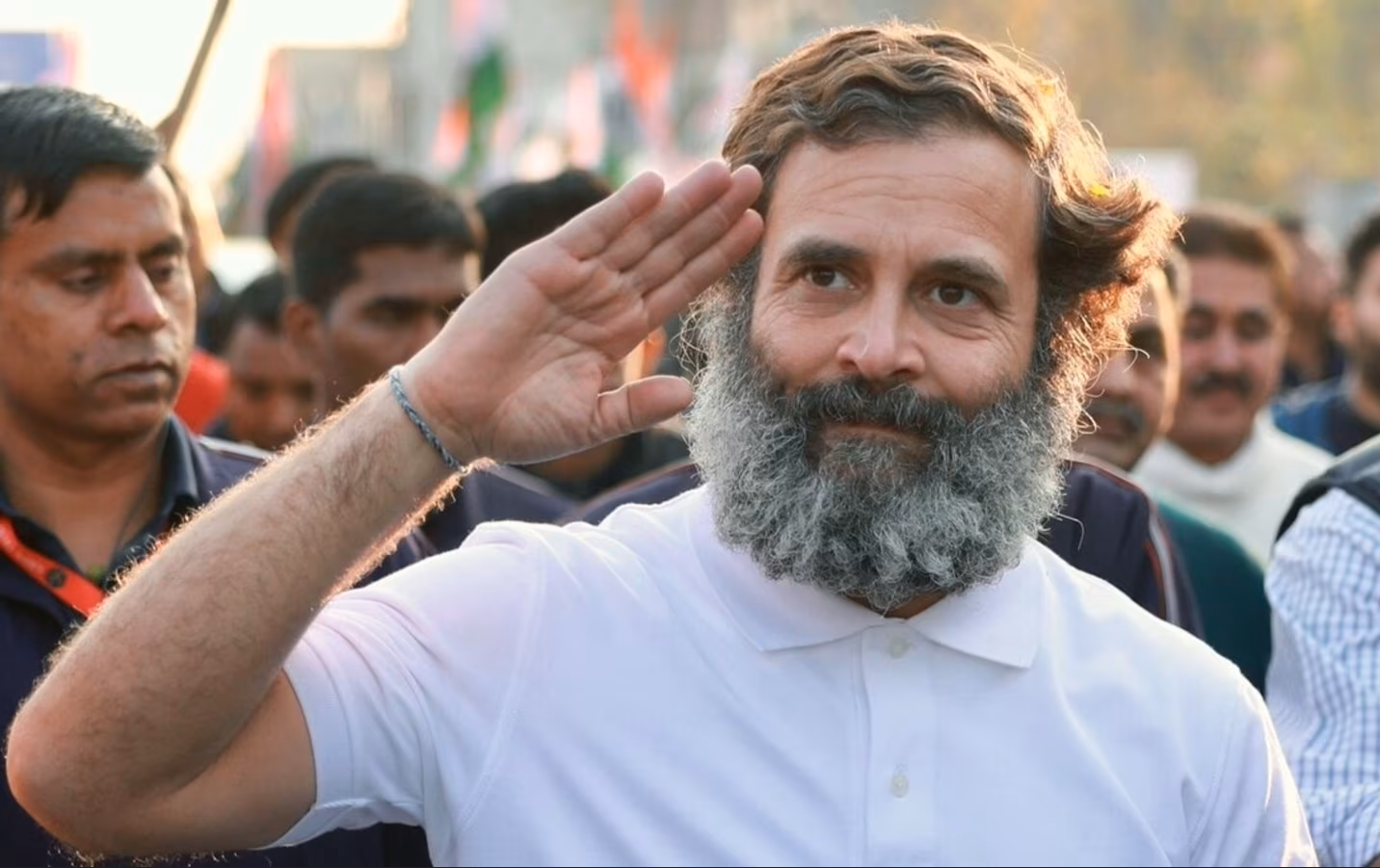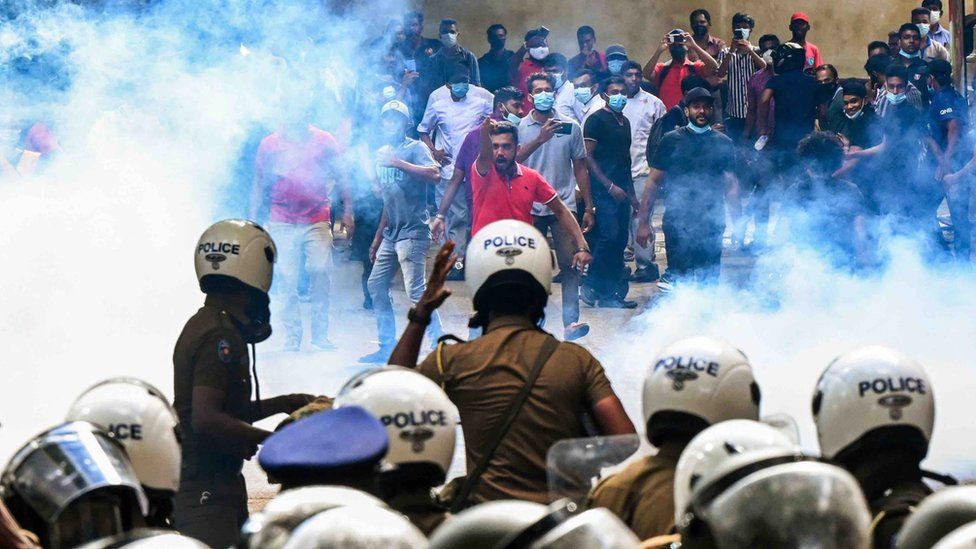18
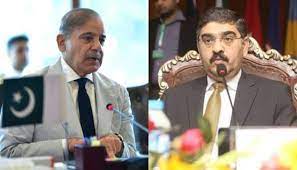
It was expected that the elevation of a Baloch as PM might weaken the growing separatist movement in the province, but the killing of the Chinese engineers and officials on August 14, (the death numbers are yet to be revealed), under the protection of the army, might defeat the purpose of GHQ to get its ‘loyal’ as the PM.

Gopal Misra
With the final eclipse of the Shehbaz-led coalition regime of the Pakistan Democratic Movement, the General Head Quarters Rawalpindi (GHQ) finally gets its nominee, Anwaar-ul-Haq Kakar, a Baluch Senator as Caretaker PM, thus shattering the hope, if any, of a civilian government in Islamabad free from the clutches of the Army.
Under the Constitution, fresh polls should be held within three months, but indications are that Kakar might be claiming a permanent slot for this coveted office. Immediately after assuming the high office, his statement on Kashmir toeing the political and strategic policy of the Army and its secret police, Inter-Services Intelligence (ISI) is indicative that he might be occupying the seat of power for a much longer innings than stipulated under the basic law.
A caretaker PM is expected to merely expedite free and fair elections and the incumbent should not be indulging in political rhetoric like a regular PM. However, the previous polls held under such regimes were heavily rigged by the army and ISI, including the 2018 elections, ensuring the victory of Imran Khan and his political outfit, Pakistan Tehreek-i-Insaf (PTI).
The Pakistani media, especially social media platforms are abuzz with the role of the Deep State. It is stated, that the message regarding Kakar had finally prevailed upon the outgoing PM, Shehbaz Sharif, and the opposition leader, Raja Riaz, to get its proxy, Anwaar-ul-Haq Kakar, Senator from Baluchistan. Kakar represents Baluchistan Awami Party or BAP and is known for his support to the Chinese occupying Gwadar Seaport and the mining of precious metals from the province.
It was expected that the elevation of a Baloch as PM might weaken the growing separatist movement in the province, but the killing of the Chinese engineers and officials on August 14, (the death numbers are yet to be revealed), under the protection of the army, might defeat the purpose of GHQ to get its ‘loyal’ as the PM.
Interestingly, just two days before the appointment and a day after the dissolution of the National Assembly, the Supreme Court of Pakistan has declared the law giving the opportunity to the public figures for seeking review of their respective convictions before the apex court ultra-vires. The law enacted in May this year could have helped the former PM, Nawaz Sharif, to seek review of his conviction.
Meanwhile, the possibility of giving a stay to the conviction of Imran Khan, in the toshakhana case is not being ruled out. He has been found guilty of selling a valuable gift, a wrist watch, received from the Saudi Prince and sold in the market, and the details were not given about the proceeds. If Imran’s conviction is stayed till his appeals are being disposed of before higher courts, Khan might be allowed to contest the forthcoming polls.
It means that Khan, the most popular leader in the country, would be trouncing his political opponents in the coming polls.
Politicians Seeking Favour of GHQ
With the Queen or the old ‘Begum’ of the political harem of Islamic Republic of Pakistan, Imran Khan Niazi, a former PM, finally being dumped with the help of Kangaroo courts, the decks are now clear for fresh polls ensuring a landslide victory, if the GHQ so wishes, for the ruling coalition considered to be a ‘hybrid regime’ led by PM Shehbaz Sharif. A hybrid regime comprises civilian leadership as the face of the government, but the actual power lies with the army.
Imran Khan, a cricketer-turned politician, despite being convicted, continues to be the most popular politician in Pakistan. His absence in the elections gives the ruling coalition a chance to return to power without much opposition, but the presence of Kakar might upset their plans for their electoral victory.
It may be recalled that just on the eve of the 2018 polls, the then PM, Nawaz Sharif, was implicated in false cooked up corruption cases and convicted, thus paving the way for Khan to win the polls. Five years, later, history is being repeated, now this time the target is Khan and his party, PTI.
Earlier, after being ousted from power, Khan’s opponents had adopted a twin strategy of forming an alliance of the opposition parties and also befriending the then army chief, General Qamar Jawed Bajwa. It has paid them rich political dividends. The two major but rival political parties Pakistan Muslim League- Noon (PML-N) and Pakistan People’s Party (PPP) had supported the extension of Bajwa, thus renewing their ties with the GHQ. It also ended army’s political dependence on Khan.
Khan’s Confrontation with Army
The protest by Khan’s supporters including the attacks on military facilities in Lahore might lead to his trial before the military courts. Pakistani Defence Minister Khawaja Muhammad Asif has said the military courts are a necessary punishment for rebellion against the state. “Whatever was happening on that day, it was a political party attacking the Pakistan army or air force,” he further stated in a media interview that “We are acting in response to that war which was declared on [the] Pakistan army on May 9.”
With their winning support of the GHQ, the coalition comprising as many as 11 disparate political outfits formed in 2020 under the banner of the Pakistan Democratic Movement (PDM) is now well-entrenched in the country’s power game. On April 10, 2022 through a no-confidence motion PDM finally ousted Khan and his PTI from power. Earlier, it appeared that PDM’s agenda was not only to oust Khan from power, but also assert civilian supremacy in the country’s governance, but later, Shehbaz Sharif, was seen echoing his loyalties towards the GHQ.
Earlier, PDM’s slogan was 'Vote ko izzat do', i.e.’give respect to the sanctity of the vote'. It had also accused the army and its intelligence outfit, ISI, of manipulating and rigging the 2018 elections in favour of Khan.
Khan, however, was disillusioned with the army following his defeat on the floor of the National Assembly in 2022. Since then, he has been accusing GHQ’s active role in ousting him and has been holding big protest rallies in major towns of Punjab accusing army for his ouster from power. Earlier, during his tenure as PM, differences with his mentor, General Bajwa, on the issue of the posting of ISI chief Faiz Hamid as a corps commander, had hit the headlines. Faiz Hamid, who had ensured Khan’s elevation to the coveted office of the prime minister, was aspiring to become army chief. The removal of Khan from power had finally shattered his hope to lead the army.












































































































































































































































































































































































































































































































































































































































































































































































































































































































































































































































































































































































































































































































































































































































































































































